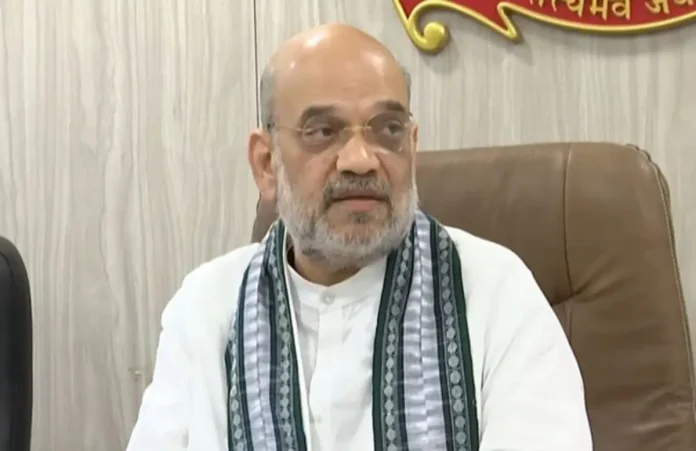Canadian Deputy Foreign Affairs Minister David Morrison testified before a parliamentary committee on October 29, 2024, alleging that India’s Home Minister, Amit Shah, directed a campaign of violence and intimidation targeting Sikh separatists in Canada. When questioned by a journalist from The Washington Post, Morrison confirmed Shah’s name but did not disclose the source of this information, reports the Hindustan Times.
Canadian Prime Minister Justin Trudeau previously announced that Canada held credible evidence implicating Indian agents in the murder of Sikh activist Hardeep Singh Nijjar, who was killed in June 2023 outside a temple in British Columbia. Canadian officials stated they had shared this evidence with India, though Indian authorities have dismissed the allegations as “absurd” and “unfounded”.
Morrison stated, “The journalist called me and asked if it was that person. I confirmed it was that person,” without elaborating further. In response to these allegations, tensions between Canada and India intensified, leading to Canada expelling the Indian High Commissioner and five other Indian diplomats, accusing them of efforts to suppress Sikh independence movements in Canada.
Further complicating matters, Trudeau’s national security adviser, Nathalie Drouin, claimed that Canadian intelligence had evidence of the Indian government’s activities in Canada, including gathering information on Indian nationals and Canadian citizens through diplomatic and proxy channels. This intelligence, according to Drouin, was allegedly shared with a criminal network associated with Lawrence Bishnoi, a well-known gang leader incarcerated in India, whose network has reportedly been linked to violent crimes in Canada.
Drouin mentioned efforts to address these issues diplomatically, including a meeting with Indian National Security Adviser Ajit Doval. However, when collaboration appeared unlikely, Canada says it opted to go public. She explained, “We made the decision to go public when it became evident the Indian government would not cooperate with Canada on proposed accountability measures.”
India responded by expelling six Canadian diplomats. The diplomatic row follows a series of escalations, beginning with Nijjar’s killing and involving recent arrests of four Indian nationals in Canada, who have been charged in connection with the case.




